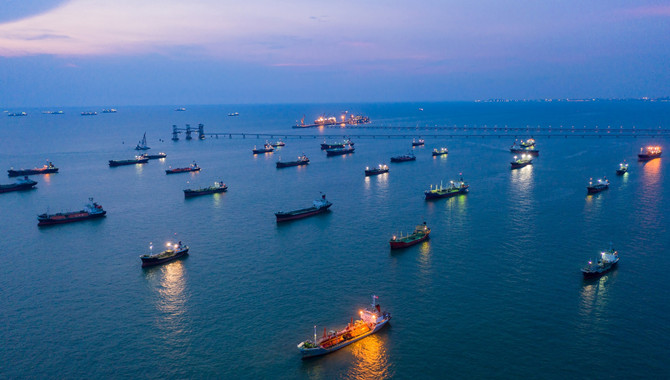China plans to accelerate the development of a new energy system and play an active role in the global governance against climate change, President Xi Jinping said Oct 16 in a speech at the opening of the Chinese Communist Party’s 20th National Congress in Beijing.
The comments underscored the positioning of energy transition and new sources of fuel in the country’s future economy, including technologies that underpin carbon capture and hydrogen production. Xi’s comments also point to Beijing’s desire for a more influential voice in global climate change policy and negotiations where the global South is expected to ramp up its demands.
“We should promote an in-depth energy revolution, enhance clean and efficient use of coal, accelerate the development of a new energy system, and get actively involved in global governance in response to climate change,” Xi said at the congress, which is China’s largest political event held every five years.
Environmental conservation accounted for a surprisingly large section of Xi’s speech, in which he covered protection of natural ecosystems like rivers and forests, and the need to adjust the existing industrial structure to control pollution and tackle climate change.
“We must stick to the philosophy that ‘clear waters and lush mountains are our silver and gold’. Harmonious co-existence of human and nature should be a mission embedded in our development plans,” Xi said.
“We should collectively promote decarbonization, pollution mitigation, afforestation and reforestation. We need to prioritize ecosystem in our development, save our energy and resource, as well as facilitate green, low-carbon development,” he added.
However, the references to green and low-carbon development were tempered with the emphasis on balancing energy transition and the stability and security of the nation’s energy system, and the need to include all-round energy and resource saving, including the use of coal to avoid disruptions.
“We should actively and stably promote carbon peaking and carbon neutrality, based on our energy and resource availability. Sticking to the principle of ‘establishing the new before destroying the old’, we need to realize the carbon peaking in a step-by-step, well-organized way,” Xi said.
Xi has referred to the principle of “establishing the new before destroying the old” several times before in which he means establishing a reliable, renewables-centered energy ecosystem first, before indiscriminately cutting the use of fossil fuels.
Realistically speaking, given the intermittent nature of solar and wind power, coal is expected to remain the ballast for China’s power system. The situation can only be altered if potential energy storage technologies can overcome existing bottlenecks and enter the commercialization phase. Xi’s wider plan has always considered energy security and the development of new energy technologies as synonymous with long-term national security.
“We will make China’s industrial and supply chains more resilient and secure. We will strengthen our systems for energy production, supply, storage, and marketing to ensure energy security,” he said in his speech.
In Sept. 2020, China committed to achieving carbon peaking by 2030 and carbon neutrality by 2060, just eight years left for the nation to peak its carbon emissions.
Source: Platts
The opinions expressed herein are the author's and not necessarily those of The Xinde Marine News.
Please Contact Us at:
media@xindemarine.com


 Ningbo Containerized Freight Index Weekly Commentar
Ningbo Containerized Freight Index Weekly Commentar  Ningbo Containerized Freight Index Weekly Commentar
Ningbo Containerized Freight Index Weekly Commentar  Ningbo Containerized Freight Index Weekly Commentar
Ningbo Containerized Freight Index Weekly Commentar  BIMCO Shipping Number of the Week: Bulker newbuildi
BIMCO Shipping Number of the Week: Bulker newbuildi  Ningbo Containerized Freight Index Weekly Commentar
Ningbo Containerized Freight Index Weekly Commentar  Ningbo Containerized Freight Index Weekly Commentar
Ningbo Containerized Freight Index Weekly Commentar